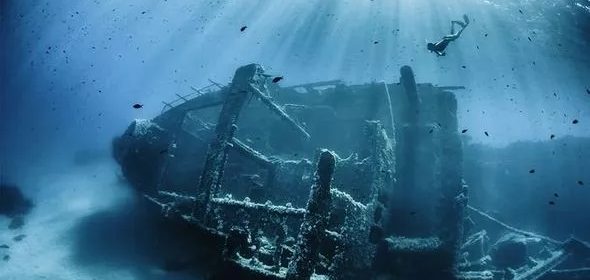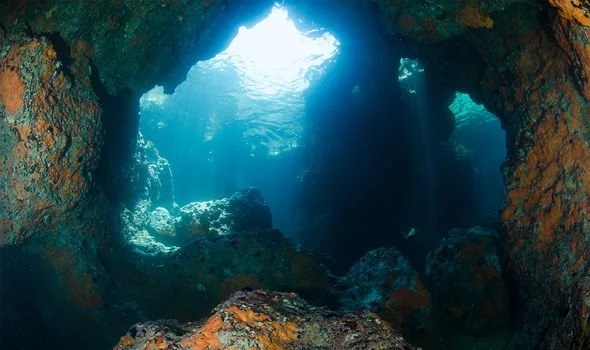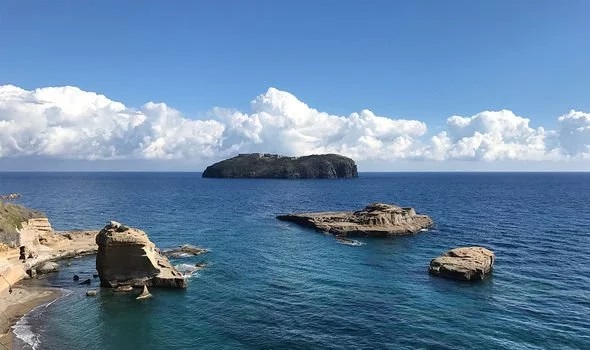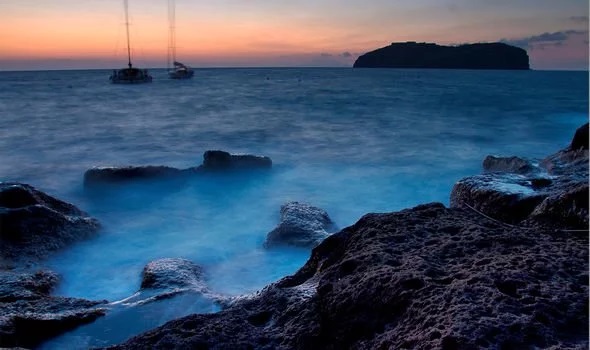‘Graveyard of Roman shipwrecks’ catches eyes of treasure hunters

ARCHAEOLOGISTS discovered a “graveyard of ships” in the Mediterranean, shedding new light on Roman vessels which sank nearly 2000 years ago.
The seabed was searched by a team of archaeologists using sonar technology and they found a graveyard of five ancient roman shipwrecks left in untouched conditions.
The discovery took place on Ventotene ‘s small Italian island, where five trading vessels were dating back to between the 1st century BC to the 5th century AD had languished.

According to researchers, They have been located more than 100 metres underwater and are among the deepest wrecks discovered in the Mediterranean.
Part of an archipelago situated halfway between Rome and Naples on Italy’s west coast, Ventotene historically served as a place of shelter during rough weather in the Tyrrhenian Sea.
The find was made in 2009 and left researchers stunned.
Timmy Gambin, head of archaeology for the Aurora Trust at the time, said: “The ships appear to have been heading for safe anchorage, but they never made it.

“So in a relatively small area, we have five wrecks…a graveyard of ships.”
Mr Gambin added that the wrecks revealed a pattern of trade in the empire: at first Rome exported its produce to its expanding provinces, but gradually it began to import from them more and more of the things it once produced.
Due to their depth, the ships have been left untouched for hundreds of years, however, Mr Gambin warned that the increasing popularity of deep water diving posed a threat to the Mediterranean’s archaeological treasures.
He continued: “There is a race against time.
“In the next 10 years, there will be an explosion in mixed-gas diving and these sites will be accessible to ordinary treasure hunters.”
The vessels were transporting wine from Italy as well as fish sauce from Spain and North Africa.
Researchers also said that a mysterious cargo from Italy was transported, and could have been used to make weapons or construct weaponry.
Mr Gambin said the wrecks revealed a pattern of trade in the empire: At first, Rome exported its produce to its expanding provinces, but gradually it began to import from them more and more of the things it once produced.
In Roman times Ventotene, known as Pandataria, was used to exile disgraced Roman noblewomen.


Emperor Augustus sent his daughter Julia there because of her adultery.
During the 20th century, Italian dictator Benito Mussolini used the remote island as a prison for political opponents.
Images of the wrecks show their crustacean-clad cargoes spilling onto the seafloor after marine worms ate away the wooden hull of the vessels.